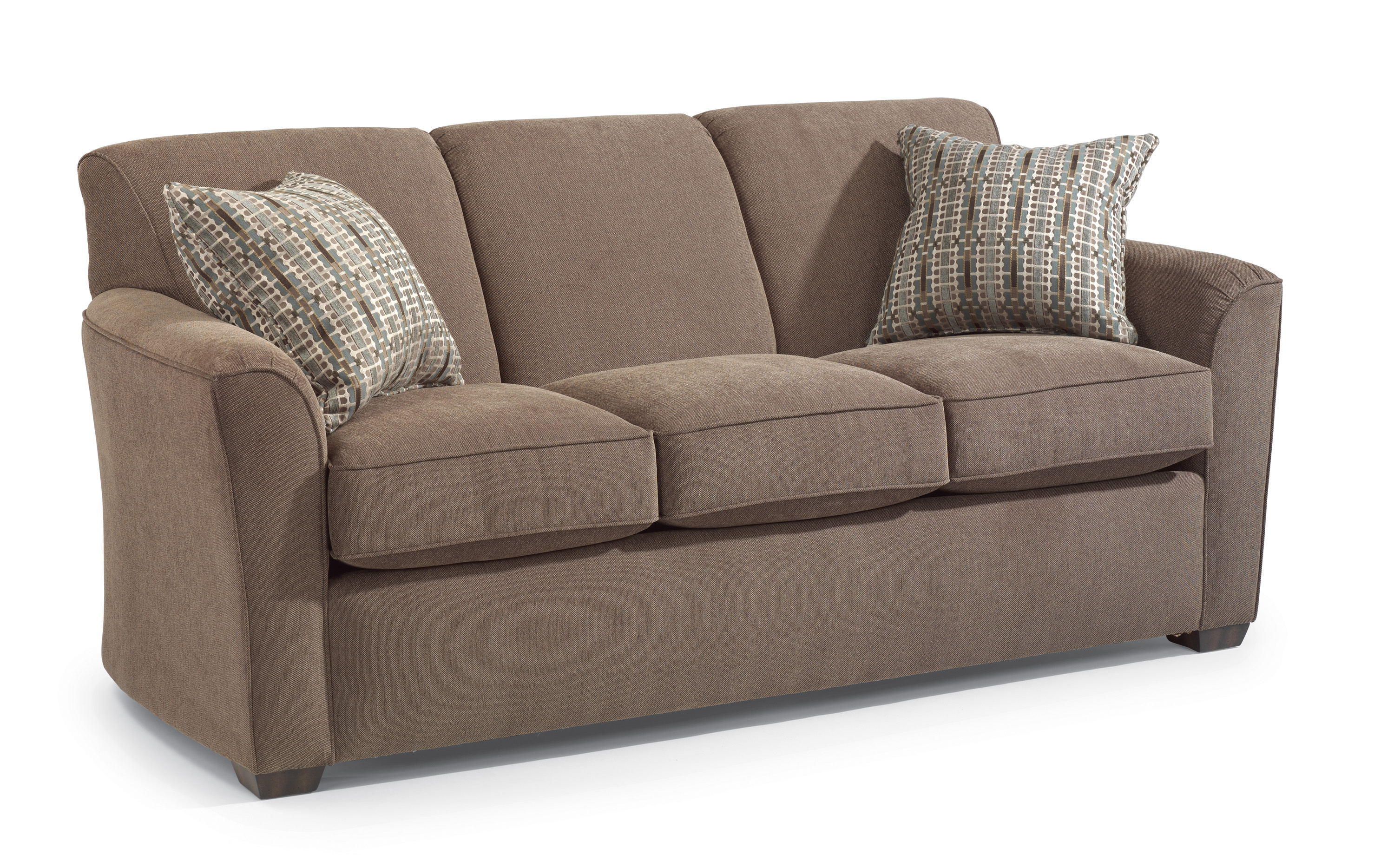1. Durability
While air mattresses can be convenient for temporary use, they are not known for their durability. Unlike traditional mattresses that can last for years, air mattresses are prone to developing leaks and losing their shape over time. This means that you may need to replace your air mattress more frequently, leading to additional costs in the long run. Additionally, if you plan on using your air mattress frequently, it may not hold up well to wear and tear, making it less durable compared to a traditional mattress.
2. Noise
One of the most common complaints about air mattresses is the noise they make. As you move around or get on and off the mattress, the air inside the mattress shifts, creating a loud and disruptive noise. This can be especially problematic if you are sharing the mattress with someone, as any movements they make can disturb your sleep. While some newer models have been designed to reduce noise, it is still a prevalent issue with air mattresses.
3. Temperature Control
Unlike traditional mattresses that are made with materials designed to regulate temperature, air mattresses do not have this feature. The air inside the mattress can become warm or cold depending on the room temperature, making it uncomfortable to sleep on. This can be particularly problematic during the summer or winter months, when extreme temperatures can make sleeping on an air mattress unbearable.
4. Weight
Although air mattresses are designed to be portable and lightweight, they can still be quite heavy compared to a traditional mattress. This is because they need to be made with durable materials to withstand the weight of a person or multiple people. This can make it difficult to move and set up the mattress, especially if you are using it for camping or other outdoor activities.
5. Maintenance
While traditional mattresses require minimal maintenance, air mattresses need to be regularly checked for leaks and properly inflated before use. This can be time-consuming and inconvenient, especially if you are using the mattress for temporary or occasional use. Additionally, if the mattress does develop a leak, it can be challenging to find and repair, leading to additional costs and hassle.
6. Comfort
While air mattresses may seem comfortable at first, many people find that they are not as supportive and comfortable as traditional mattresses. The air inside the mattress can shift and create uneven support, leading to discomfort and restless sleep. Additionally, air mattresses are typically thinner than traditional mattresses, which can make them less comfortable for extended use.
7. Inflation Time
Setting up an air mattress can be time-consuming, as it requires inflating the entire mattress before use. Depending on the size and type of air mattress, this can take anywhere from a few minutes to over an hour. This can be inconvenient, especially if you are using the mattress for temporary or occasional use.
8. Price
Although air mattresses are often seen as a budget-friendly alternative to traditional mattresses, they can still be quite expensive. Higher quality air mattresses can cost just as much or even more than a traditional mattress, making them less of a cost-effective option in the long run. Additionally, if you need to replace your air mattress frequently due to wear and tear, the cost can add up over time.
9. Risk of Punctures
One of the biggest concerns with air mattresses is the risk of punctures. The material used to make air mattresses is not as durable as traditional mattresses, making them more susceptible to punctures from sharp objects or even just normal use. This can be a significant issue if you are using the mattress outdoors or in a crowded space, as there is a higher chance of it getting punctured.
10. Limited Support
Unlike traditional mattresses that are designed to provide support for your body, air mattresses can be lacking in this area. The air inside the mattress can shift and create uneven support, leading to discomfort and potential back pain. This can be particularly problematic for those with back or joint issues, as a lack of support can worsen their symptoms.
Disadvantages of Air Mattresses

Potential for Punctures and Leaks
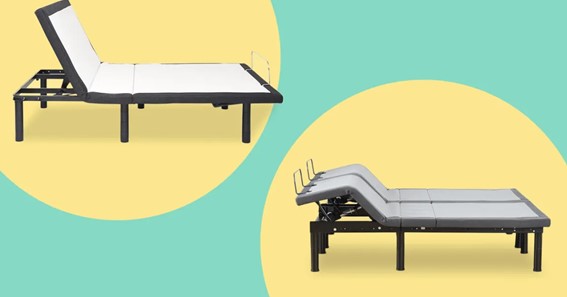
One of the biggest drawbacks of air mattresses is their susceptibility to punctures and leaks. Unlike traditional mattresses made of foam or springs, air mattresses are made of inflatable materials that can easily be damaged. This can be a major inconvenience, especially if the puncture or leak occurs while you are sleeping. Not only will you be left with a deflated mattress, but you may also wake up on the hard floor.
Uncomfortable Sleeping Surface

While air mattresses may seem like a comfortable option, they can actually be quite uncomfortable to sleep on. The air inside the mattress can shift and move as you move, causing an uneven sleeping surface. This can lead to a disrupted sleep and even back or neck pain. Additionally, air mattresses tend to be thinner than traditional mattresses, which can make them less supportive and comfortable for long periods of time.
Regular Maintenance Required
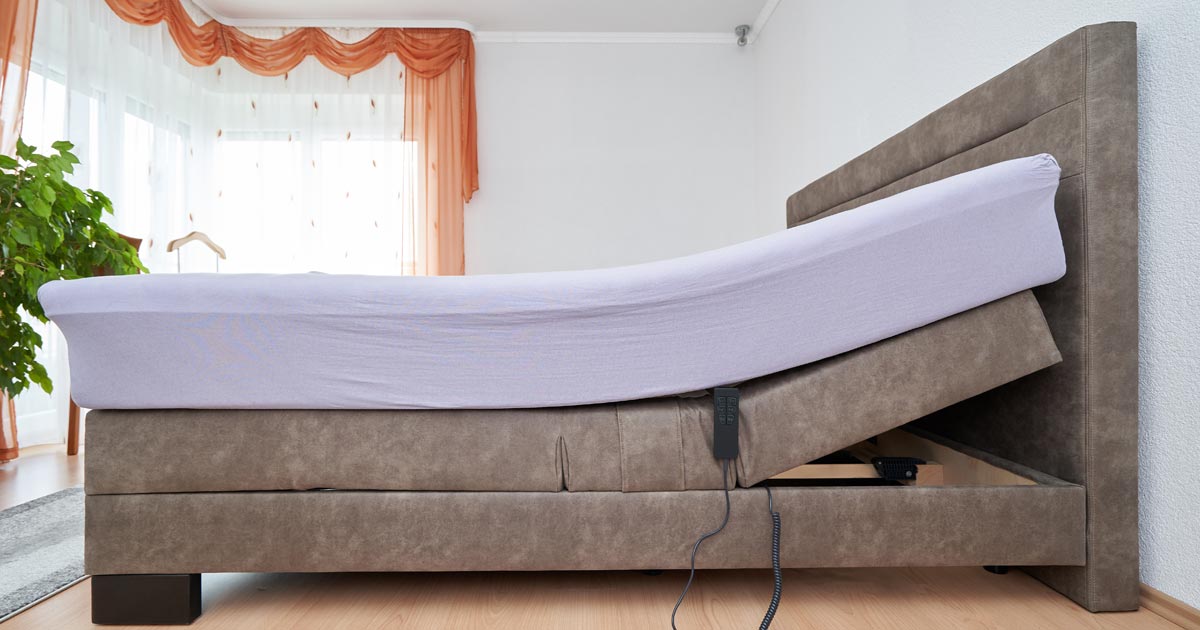
In order to maintain the proper level of air in an air mattress, regular maintenance is required. This may involve inflating or deflating the mattress as needed, which can be time-consuming and inconvenient. Additionally, air mattresses may need to be cleaned and dried thoroughly before being stored, as moisture can cause mold and mildew to form which can damage the mattress.
Not Suitable for Long-Term Use

While air mattresses may be a convenient option for occasional guests or camping trips, they are not suitable for long-term use. The materials used in air mattresses are not as durable as those used in traditional mattresses, and over time, they may start to sag or lose their shape. This can lead to discomfort and poor sleep quality, making it important to only use air mattresses for short periods of time.
In conclusion, while air mattresses may have their advantages, they also have several disadvantages that should be considered before investing in one. From the potential for punctures and leaks to uncomfortable sleeping surfaces and regular maintenance, there are several factors that make air mattresses less than ideal for long-term use. It is important to weigh these drawbacks against the convenience and portability of air mattresses to determine if they are the right choice for your needs.







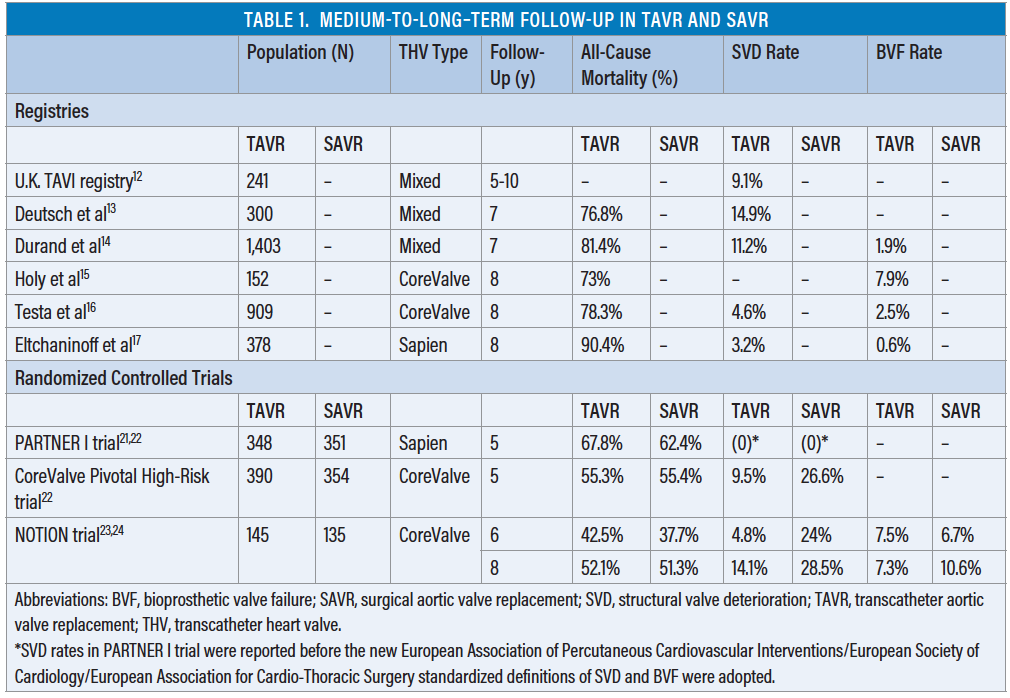







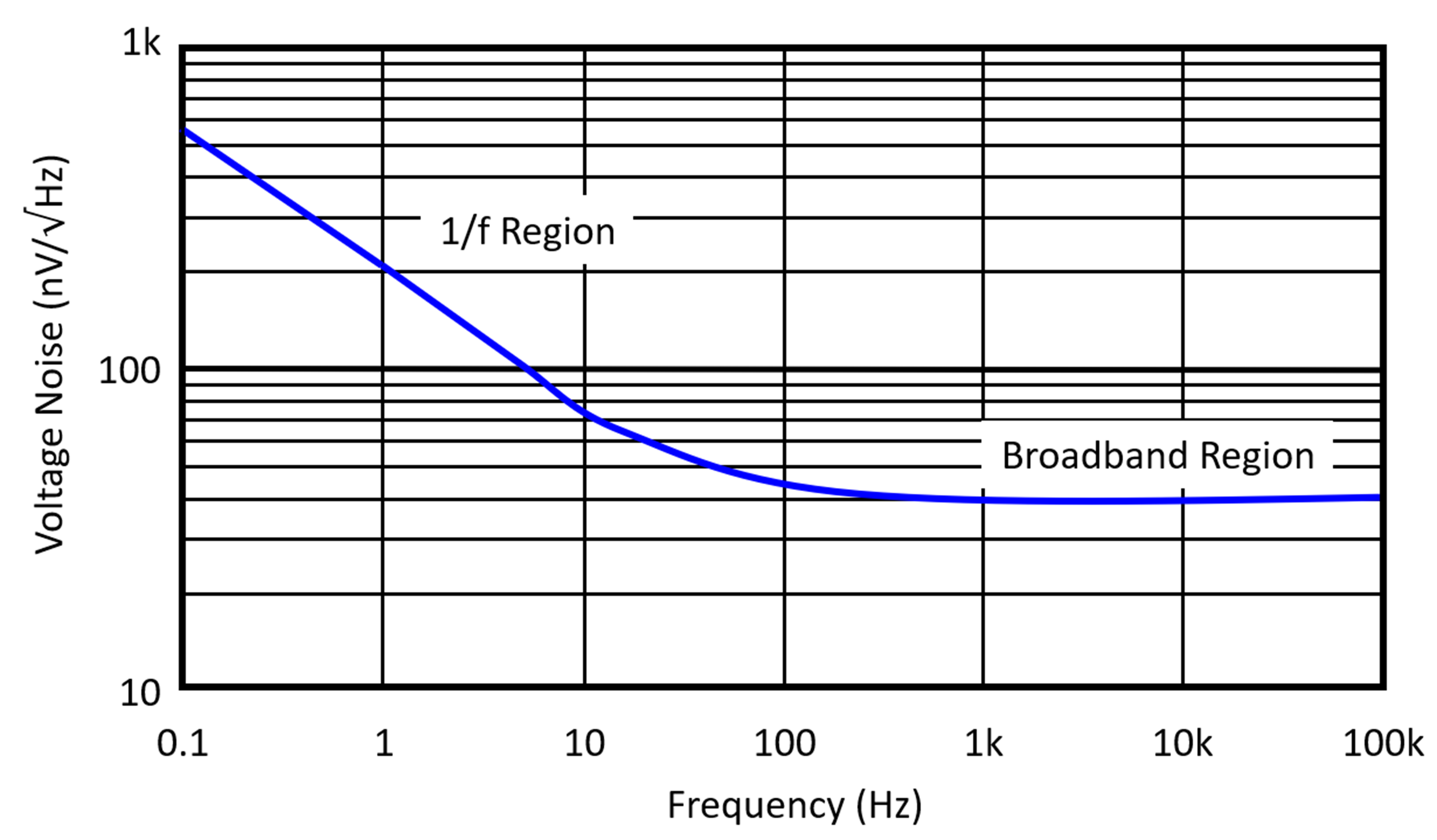






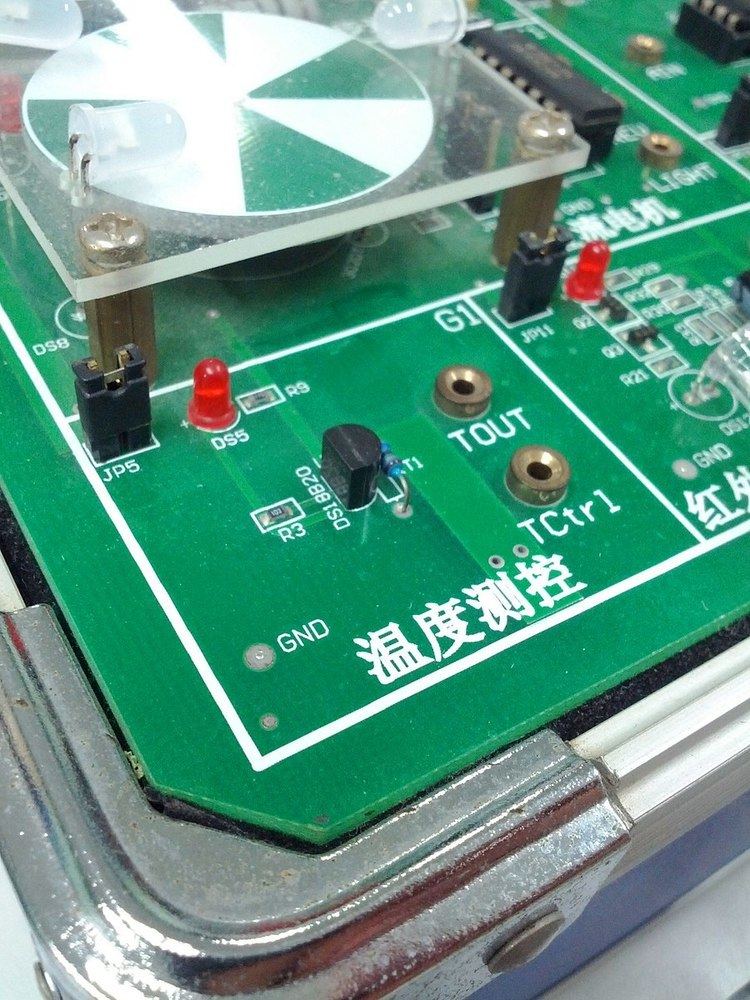


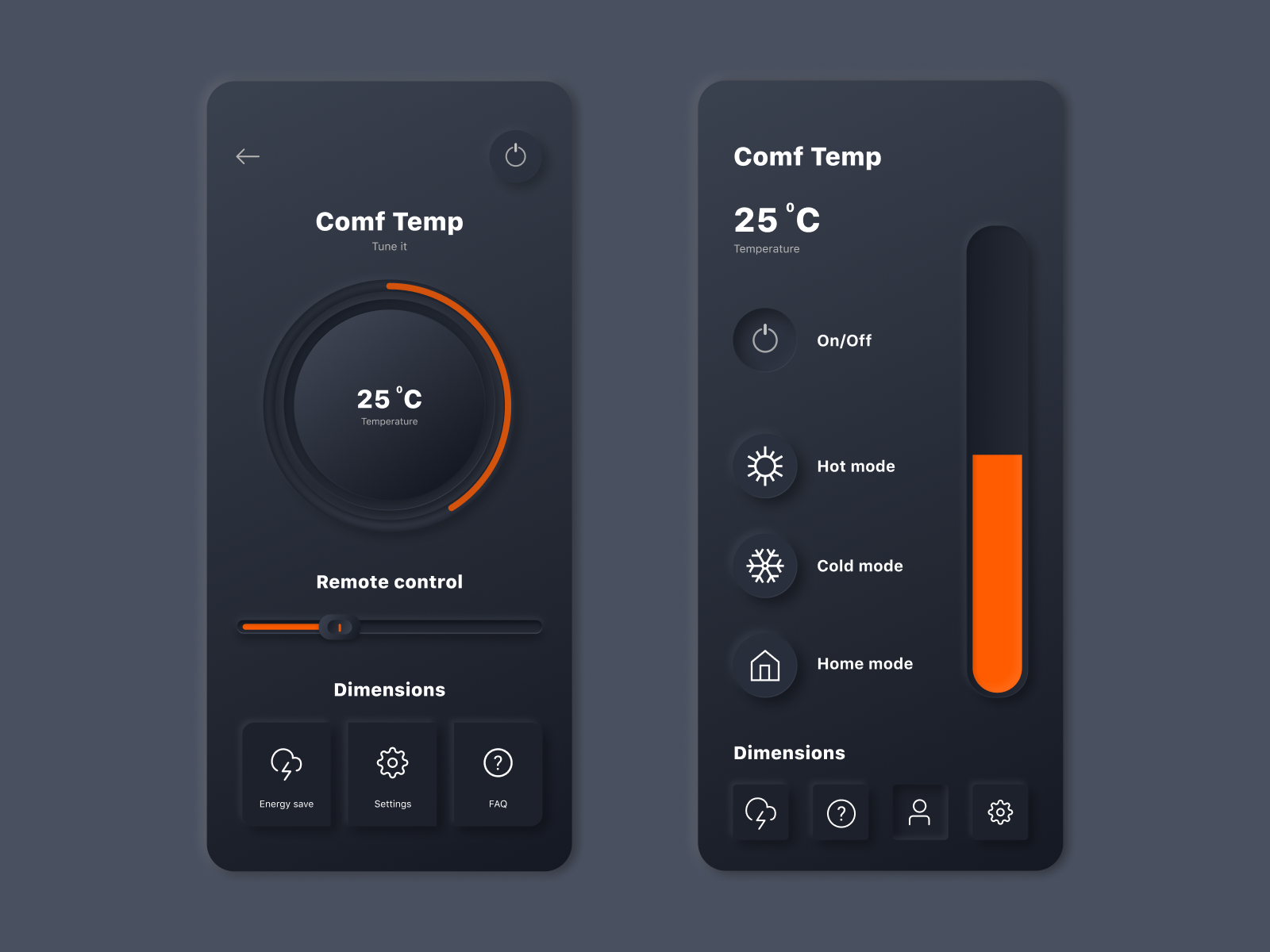

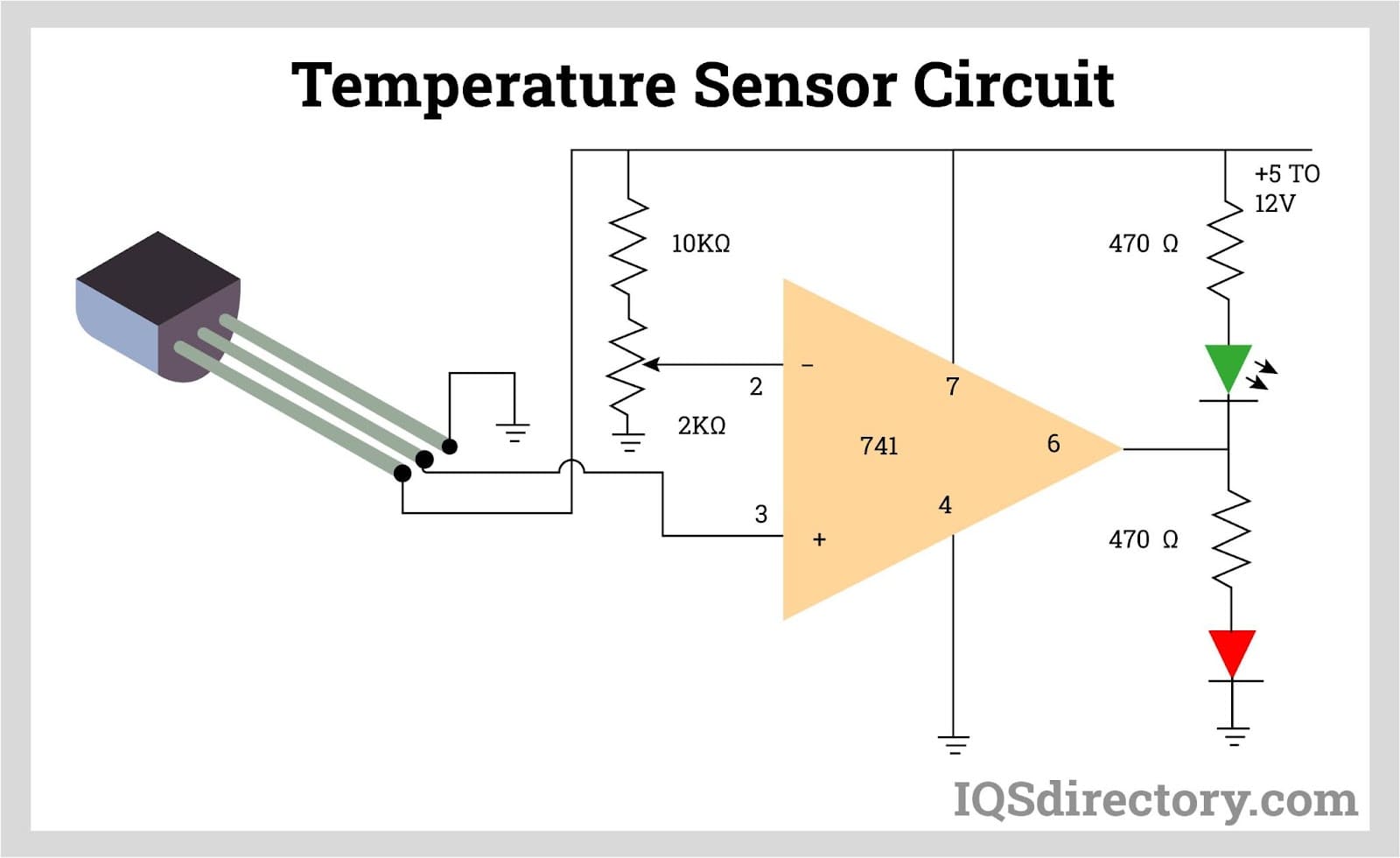







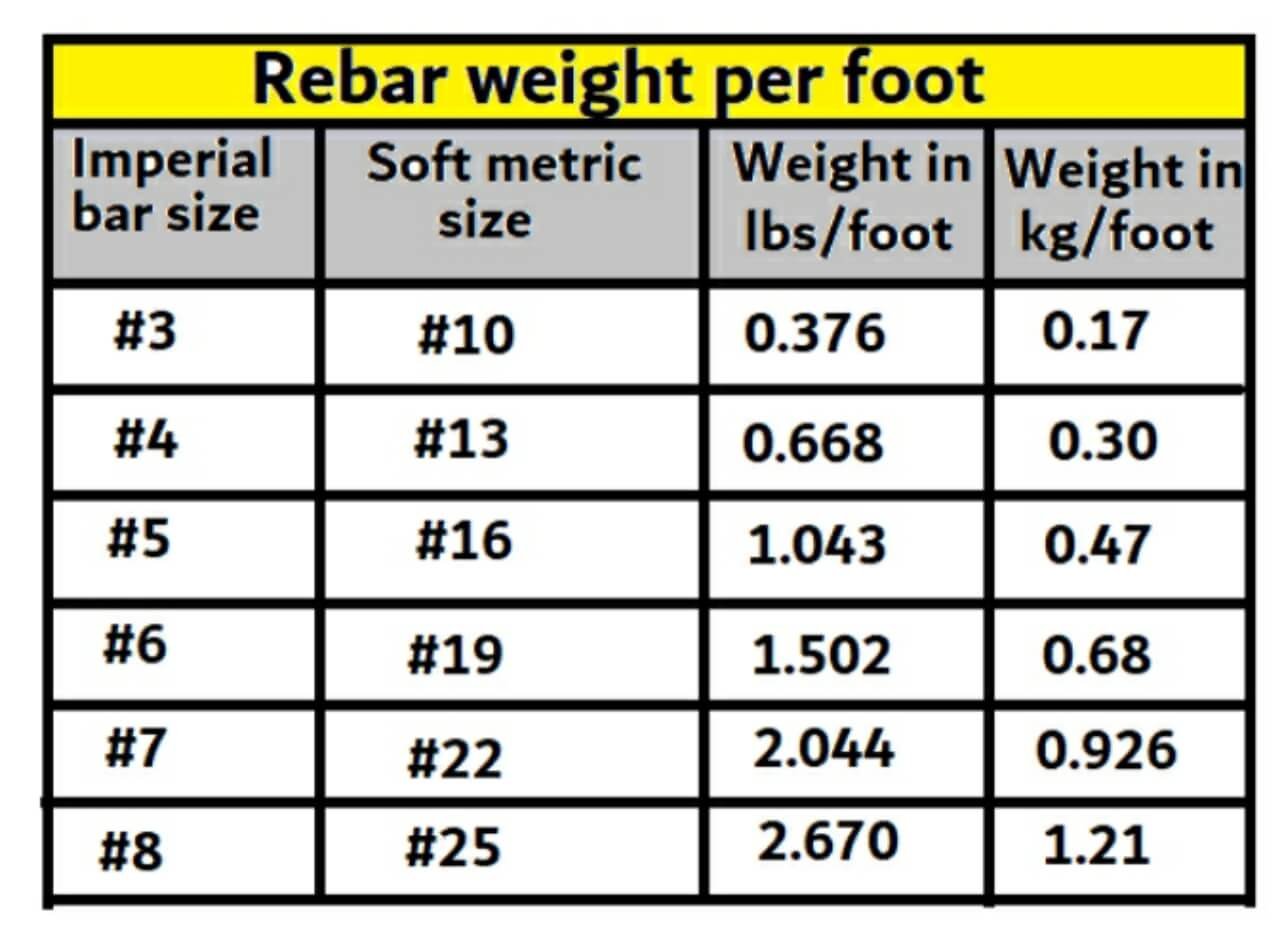








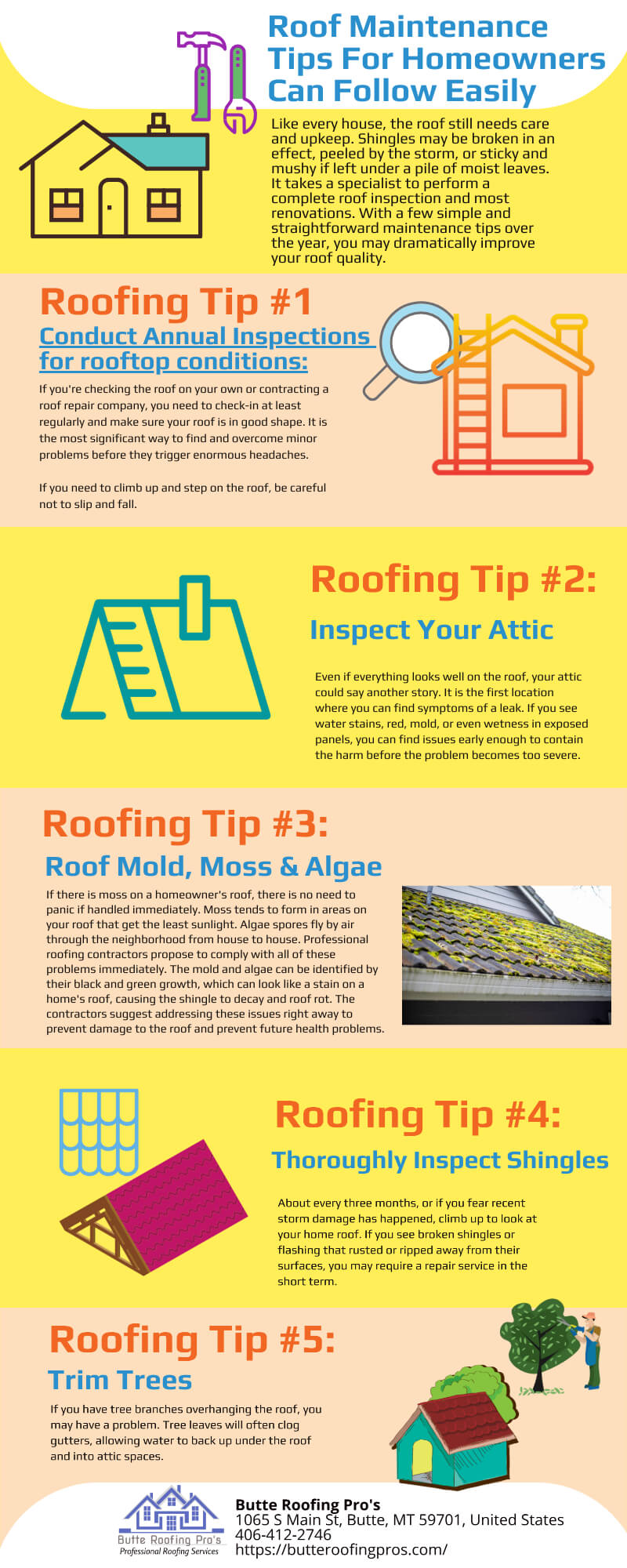
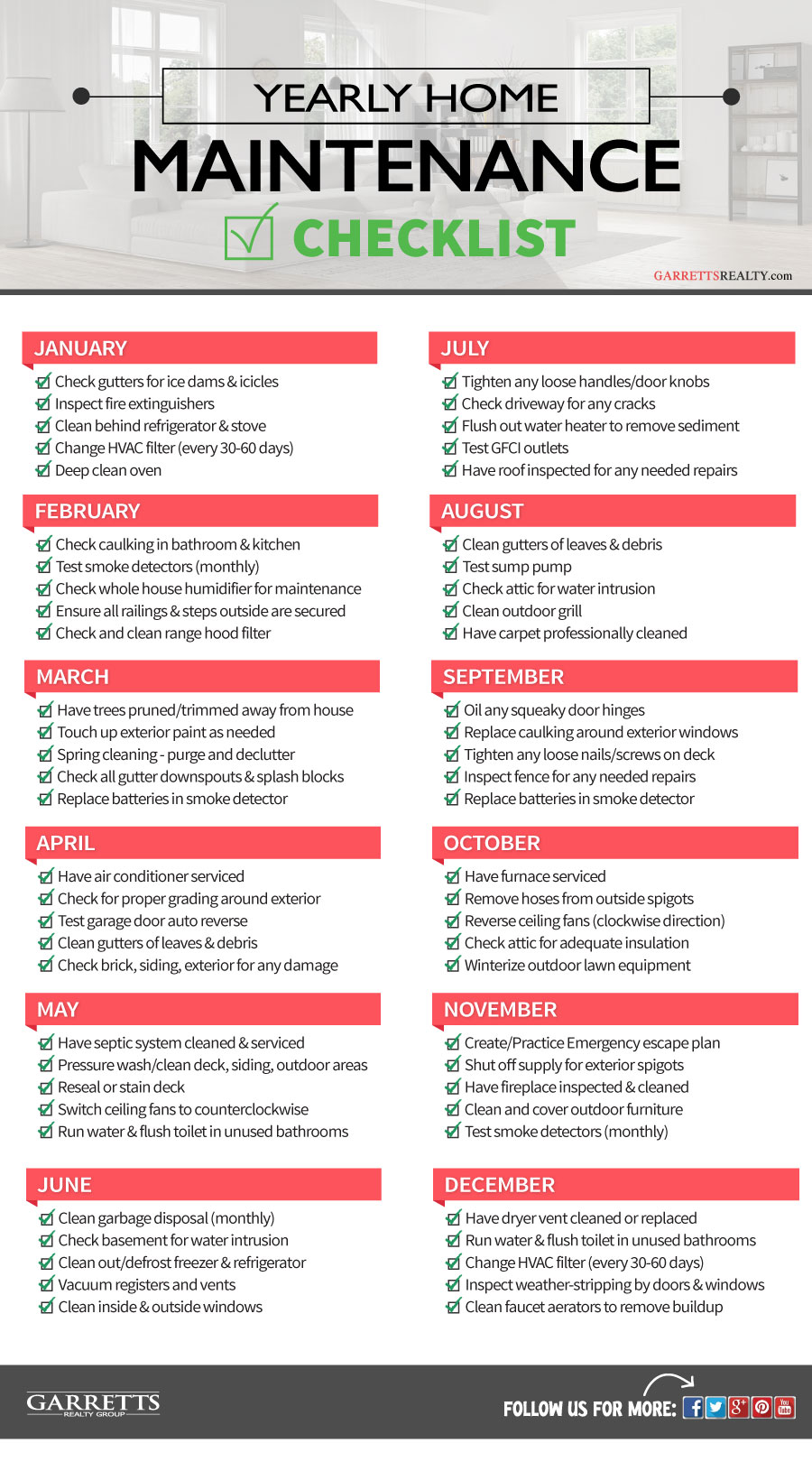


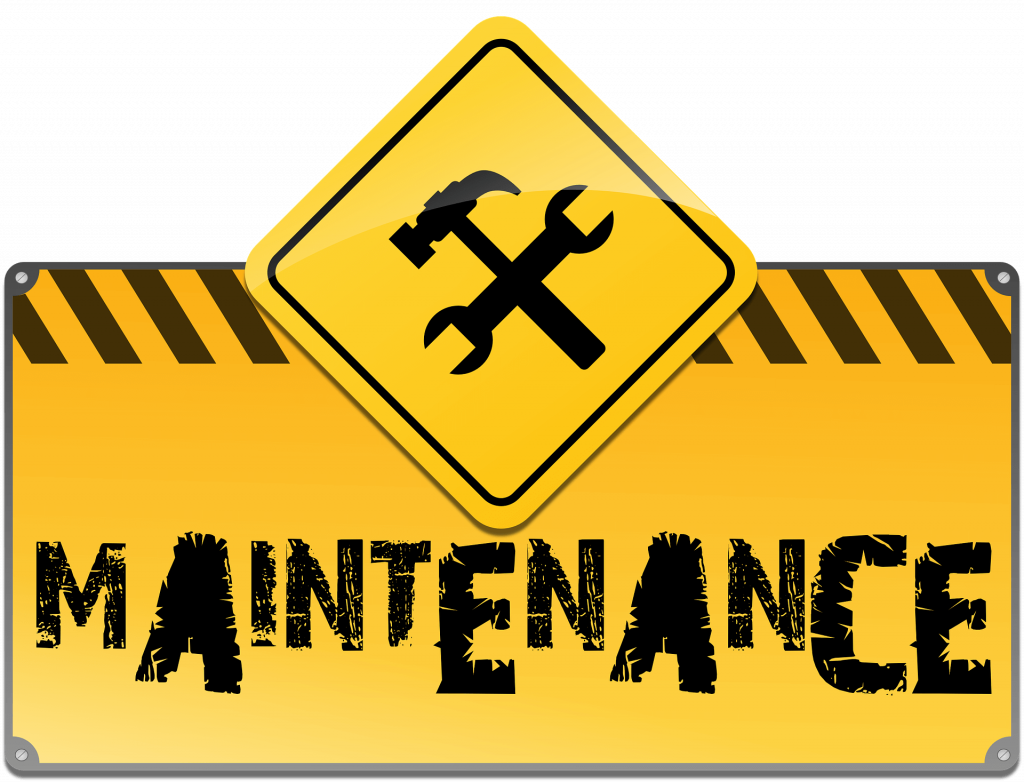

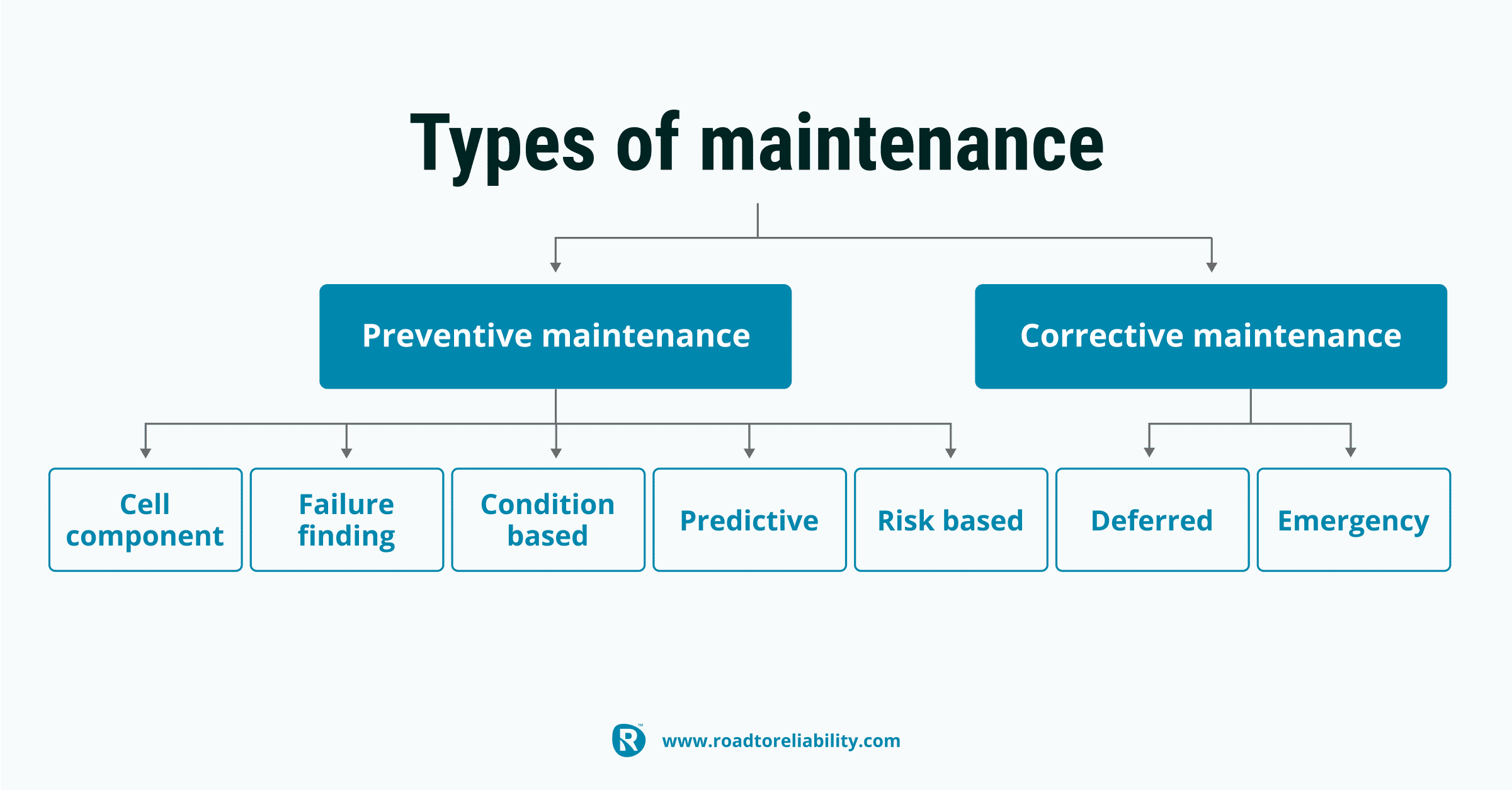
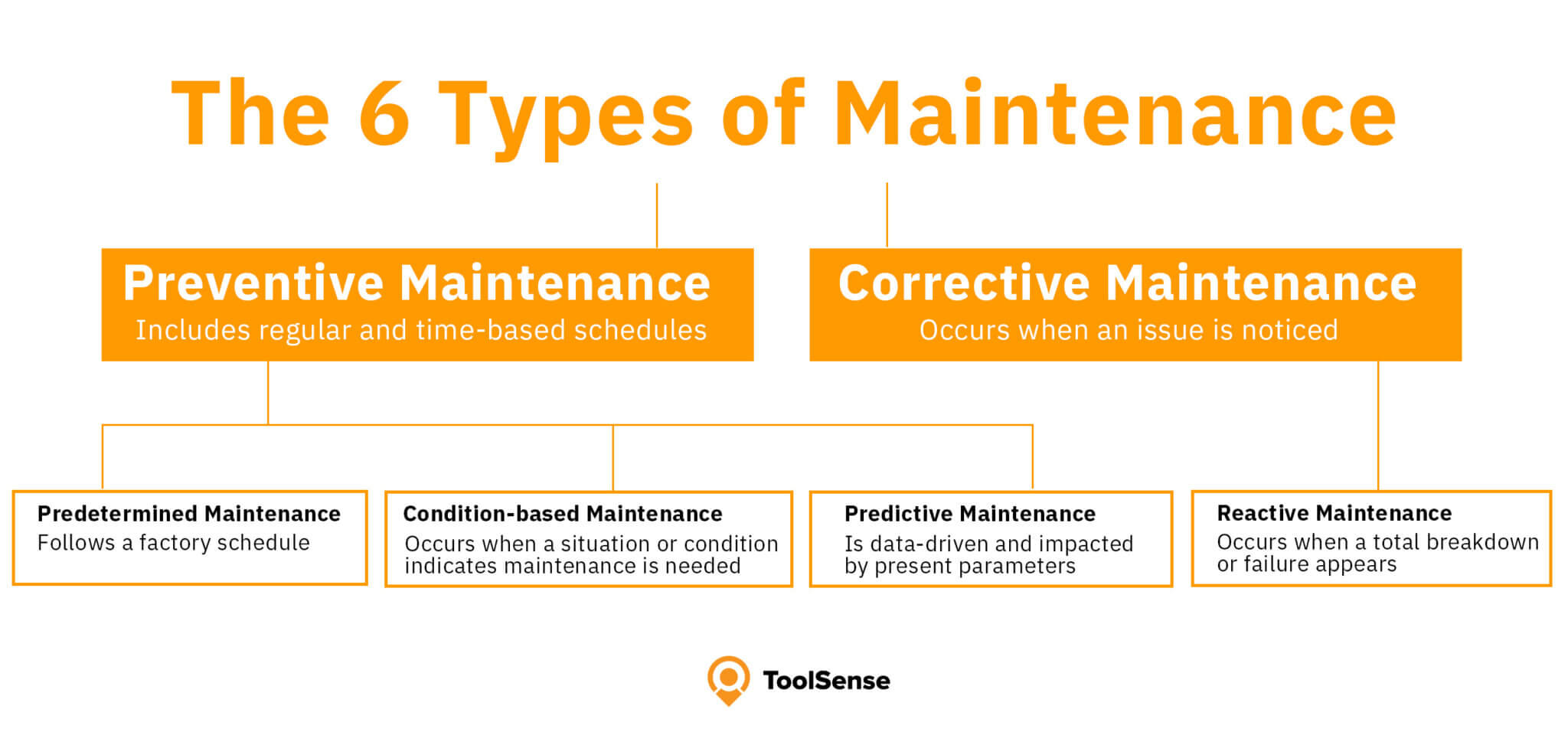







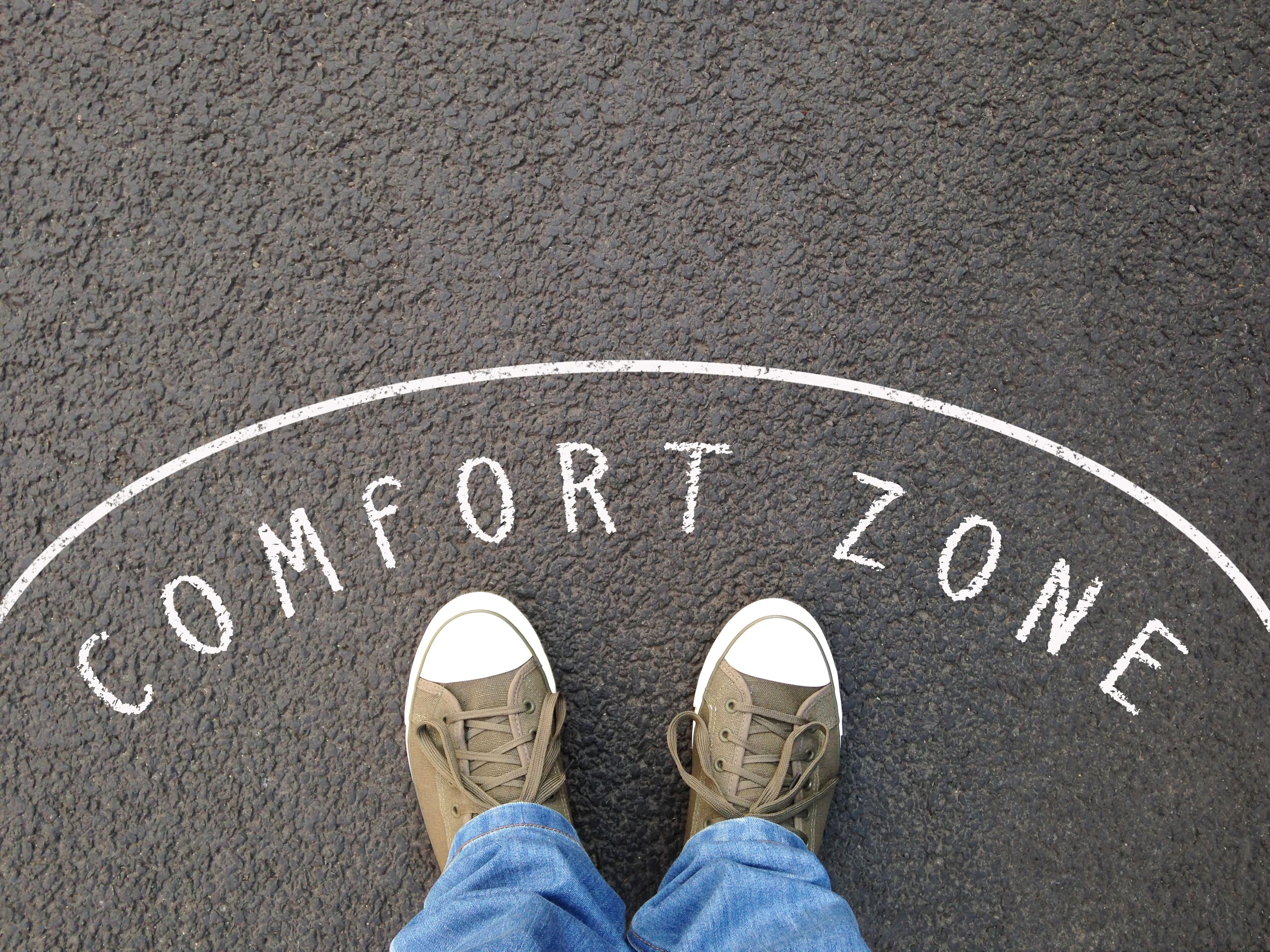






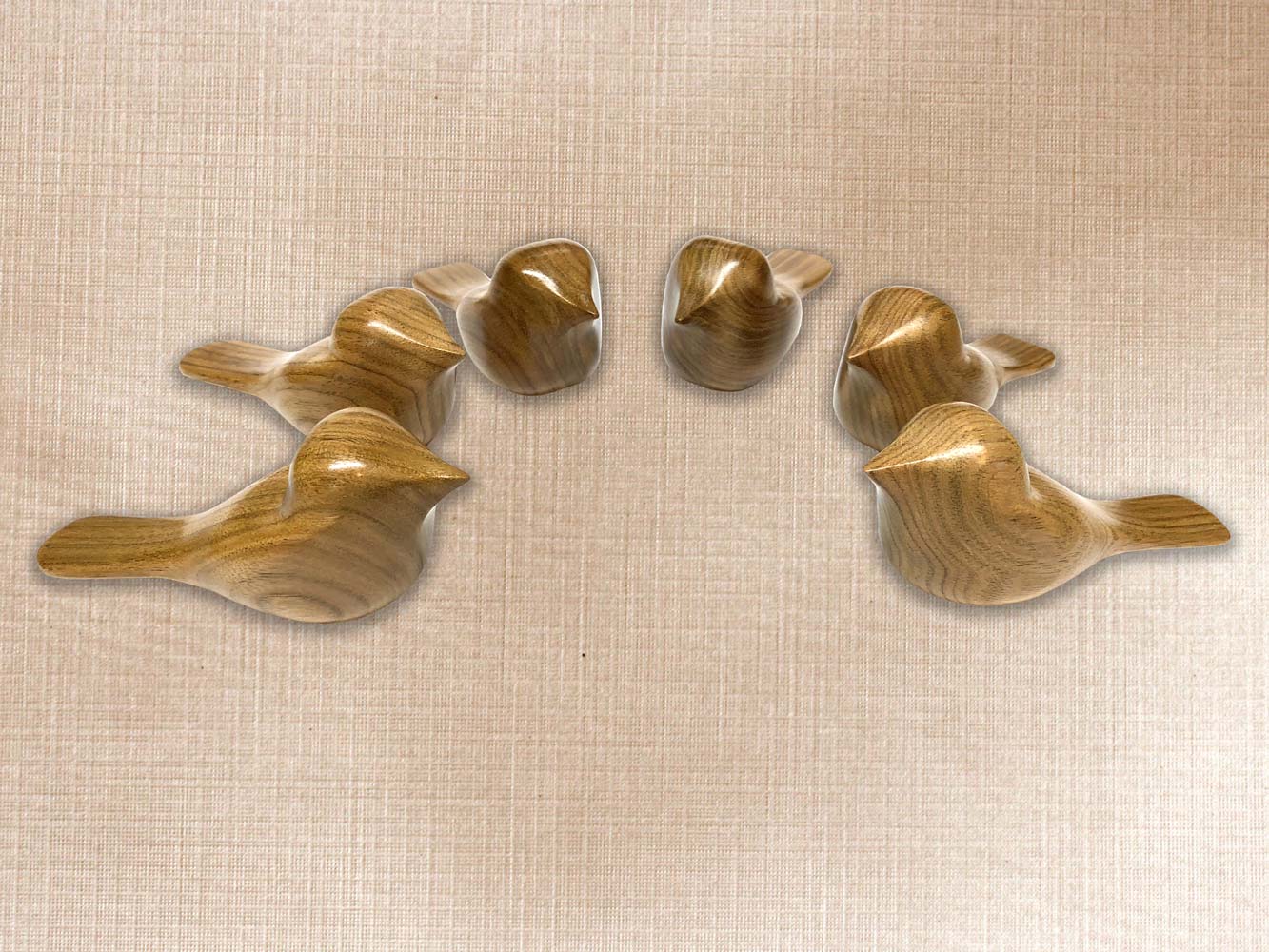



:max_bytes(150000):strip_icc()/dotdash_Final_What_Impact_Does_Inflation_Have_on_the_Dollar_Value_Today_Nov_2020-02-21a20b1953694d5b841cab9f87da2b10.jpg)













































